Older horses still have a lot to offer a rider, but often they’re discounted as being past their prime. It’s understandable for someone to be wary of a horse whose retirement to greener pastures may not be too far in the future, but just like people, senior horses can be senior athletes. And there is plenty of research to back that up.
Rutgers, the State University of New Jersey, has conducted numerous exercise studies on the aging equine athlete, including the effects of training on the senior’s heart rate, maximum aerobic capacity and thermoregulation.
“Many eventing and endurance horses compete into their teens, and retired racehorses have second careers that run the spectrum of activities,” says Kenneth McKeever, Ph.D., FACSM, professor of equine exercise physiology and associate director for research at the Equine Science Center at Rutgers. “Our mission at the Center is to prevent problems and to care for the equine athlete. We also use the horse as a model for research on aging and other topics related to humans. Much of our recent funding has come from the Department of Defense to screen food extracts that can reduce inflammation related to over-exercising.” These tests are done on horses to determine their possible helpful effects in humans.
Middle-Aged or Senior?
It’s difficult to pinpoint an exact age when a horse enters his senior years.
“In the last 15 years, we have performed a lot of exercise tests on horses of varying ages,” says McKeever. “Originally, we grouped horses by age category: young, middle-aged, and senior. People intuitively felt that horses over 20 seem to behave differently, have more medical problems and eat differently. In our most recent study, we tracked some individual horses for 15 years, and sure enough, we saw that aerobic capacity starts to decline between 18 and 20 years of age.”
But McKeever cautions against making generalizations about aging equines. He says it’s the same with humans: Some people exercise throughout their lives, while others are couch potatoes. “There is evidence to show that the aerobic capacity for humans hits a downward curve in some individuals in their 20s or 30s if they aren’t exercising,” he says. “The opposite is true for those who exercise throughout their lives.”
Senior Limitations
An older horse can potentially do the work of a younger horse with a little extra care, according to Travis Wright, DVM, from Hill Country Equine in Boerne, Texas. His senior American Quarter Horse gelding, Topsail Ransom, is a 2001 American Quarter Horse Association (AQHA) Top-10 World Champion in reining and a silver medalist at the Cosequin/United States Equestrian Team Reining Championship, and was still fit for reining past age 20.
“[Topsail Ransom] is now 21, and he’s still able to come out and perform reining patterns,” says Wright. “The years of doing sliding stops have taken a toll on his hocks, however, so he needs injections of hyaluronic acid and steroids to make him comfortable. Additionally, we keep him on a daily [joint] supplement. If we were going to prepare for an upcoming event, I would put him on systemic Adequan and Legend as protective agents. All of these things combined offer my horse protection from further joint damage while quieting down the inflammation or soreness that may already be there.”
But what about a senior that has been retired or hasn’t done much work? McKeever says it’s fine to reintroduce a senior horse back to exercise, but it’s important to ease him into it with the same caveats of a human starting exercise. Have your horse checked by a veterinarian first to determine his limits. Perhaps he has some arthritis and needs a longer period of time to warm up. Start with some simple groundwork and see what your horse can handle. Or if he hasn’t exercised for years, try some light trail riding. It’s important not to assume that your horse is fit and jump into a strict training program. Be careful with your senior horse, and don’t ask for too much right away: A senior with a heart of gold may give you all that you ask for and more.
“Some horses will give it their all, no matter their condition, and do too much,” says McKeever. “An owner has to know where the cutoff points are. You may think the horse is acting cranky, when in fact he can’t handle any more exercise. Moderation is key.”
Careful Consideration
One of the Rutgers studies found that older horses’ thermoregulation was different from that of younger horses. The older horse doesn’t have a large enough plasma volume in his blood to maintain a reserve for sweating efficiently. This means he has less fluid in his bloodstream, so the perspiration won’t cool his body down quickly enough.
“Horses are the only other species besides humans that sweat during exercise to stay cool,” says McKeever. “For the study, we exercised young and old horses at the same workload so they generated the same amount of heat internally. The older horses reached the end point [of a specified amount of heat generated] in half the time of the younger horses. They couldn’t handle the exercise and keep cool, so their system had to work overtime. However, both young and old horses recovered similarly. Ten minutes post-exercise, both the young and old horses had reached the same point.”
McKeever says the senior horse owner may have to adjust the exercise routine to accommodate this issue, such as taking more walking breaks, doing less speed work and more interval work. And on hot and/or humid days, the older horse should take a break altogether. “At least be aware that he won’t tolerate high temperatures very well,” McKeever cautions. The Rutgers studies also found that the decrease in thermoregulation happens in the late teens to early 20s. Signs of this include your horse heating up faster and his heart rate increasing faster. He will also breathe harder during work than he used to.
Another important consideration is dehydration. The amount of fluid in the senior horse’s body isn’t as plentiful as that of a younger horse, so he will dehydrate faster. Therefore, it’s important to check your horse’s hydration levels during exercise.
The skin pinch test may not be an accurate indication of dehydration for older horses that have less elastic skin. Instead, check the capillary refill time, inspect the gum color, and look at moisture levels in the mouth.
Wright says that extra warm-up time should be given to the senior to help his joints loosen up so he can move freely without pain during exercise.
“Many senior horses have some degree of osteoarthritis, most commonly in their lower hock joints or front pastern joints,” he says. “The classic history associated with these horses is that they appear sore at the beginning of a ride, but they do fine once they warm up. It’s much like how humans age—our joints are sore in the morning as we start the day, but once we get moving around, things get to feeling better.”
Benefits of Exercise in the Senior Horse
As with people, exercise can increase the health and well-being of an aged horse. “Just like people, horses have metabolic issues that can cause life-threatening problems,” says McKeever. “Exercise can help prevent these from occurring. Also, when we first started putting old horses on the treadmill and then the Equisizer machine, they were feeling better and loosening up after three sessions. Some were even starting to pull on the treadmill to go faster. Exercise can be very beneficial if you make it a pleasant experience and it’s not causing joint pain.”
Wright says it also depends on the type of work being performed, but in general, if you keep your horse in shape and exercise him regularly, you’ll have many more productive years together than if you let him get overweight and lose muscle mass.
“As far as soundness is concerned, we can look at a human model,” says Wright. “Take gymnasts as an example. If they work out as hard as they can for multiple years, they eventually break down their joints and get arthritis in their knees and wrists. However, if you look at the opposite extreme and have a gymnast do nothing for a year or more, and then suddenly return to hard training, she is more likely to get sprains, tears, and be extremely sore because she’s no longer physically in shape for such activities. Therefore, I believe that a reduced exercise schedule is the best way to keep a [senior equine athlete] going in the off-season and prevent acute strains or tears when the show season rolls around.”
Teaching an Old Horse New Tricks
Cathy Hanson is an AQHA director and Professional Horseman Association member who has shown many senior horses on the circuit in the all-around classes. She highly recommends an older horse for the novice rider, particularly the junior rider learning to compete. “I often have people come to me wanting to buy a young horse so the child can grow up with him,” she says. “But an older horse that is wise and well-educated is always the better match. People think the older horse is used-up and ring sour, but that’s not true in every case. An older horse has a lot of education to pass on to his rider and is often more patient, whereas a younger horse might get confused and upset at a new rider’s mistakes. And these days, older horses maintain their longevity more because we’re taking better care of them.”
Hanson says many horse buyers are nervous about the pre-purchase exam for a senior horse, but she reminds them that the horse has been an athlete all his life, and with that comes some physical issues. She says to discuss the results with your veterinarian and trainer to see what you can live and work with and what you cannot. “If you can manage the older horse physically, then he can be a great choice for you.”
But what about teaching an older horse a new occupation? Hanson feels that as long as the senior has good basics and solid training, he can learn a new discipline. “I think the best option is to match his old job with his new job. A western pleasure horse might do great in trail classes. A reining horse might do well in working cow. A hunter might succeed in lower-level dressage. If the horse has a good foundation, then it can be fun to teach him something new.”
With good care, horses can live longer and have more productive lives than they ever have. Tufts University conducted a study in New England in 2007 and discovered that out of 1,000 equines, 14 percent of them were between 20 and 29 years old. Many of those seniors were still being ridden, and 10 percent of them were still competing.
There’s no doubt that equine seniors have a lot to offer, and with a little extra thought and effort, you and your partner can continue to have many successful rides together.
Download my FREE Ebook Hidden Secrets to Communicating with Horses – just click on the picture below!
This article courtesy of HorseChannel.com
This article was previously published September 23, 2013 and was updated on July 17, 2023
Did you enjoy this article about senior horses? You will want to check these out next:
Natural Remedies To Relieve Colic In Horses – Natural Horse Care Tips
The Missing Piece to Your Show Horse Team Solving Training Health and Performance Problems
Horse Riding Tips for Parents – Elise Gaston Chand on the Real Dr. Doolittle Show™

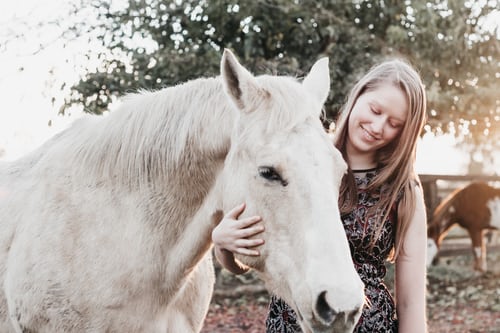
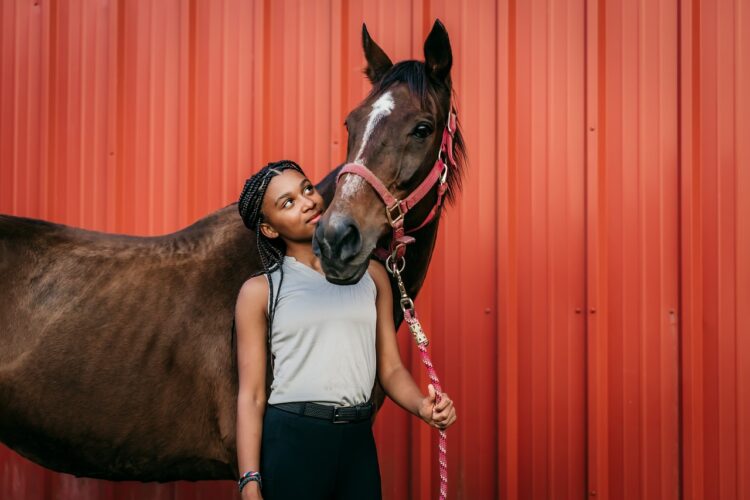
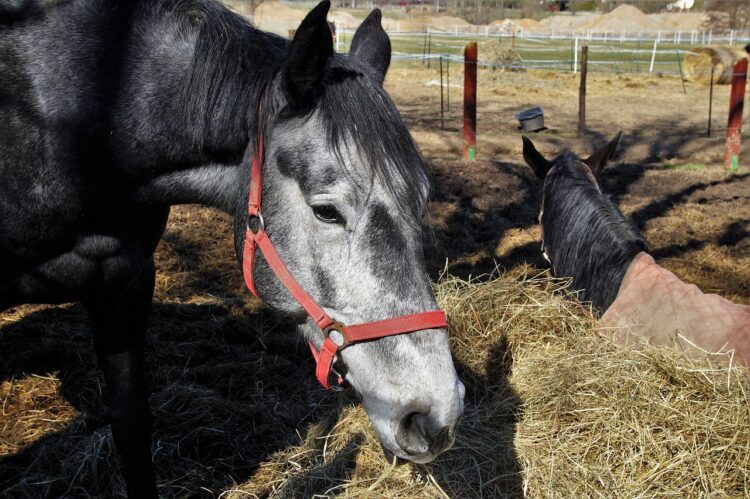
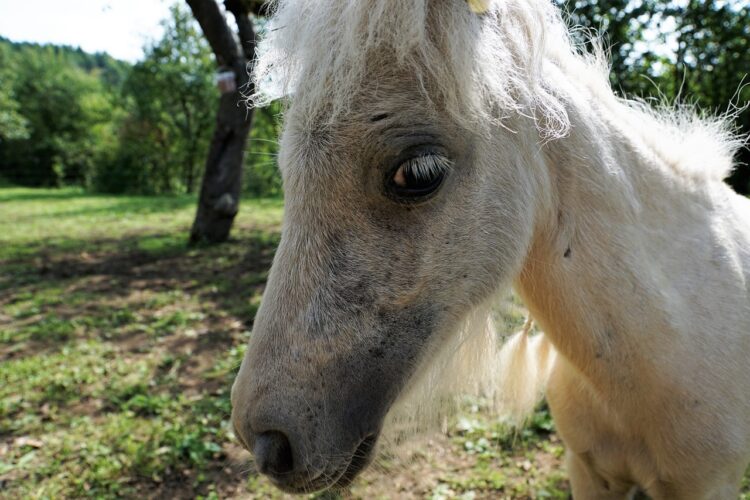
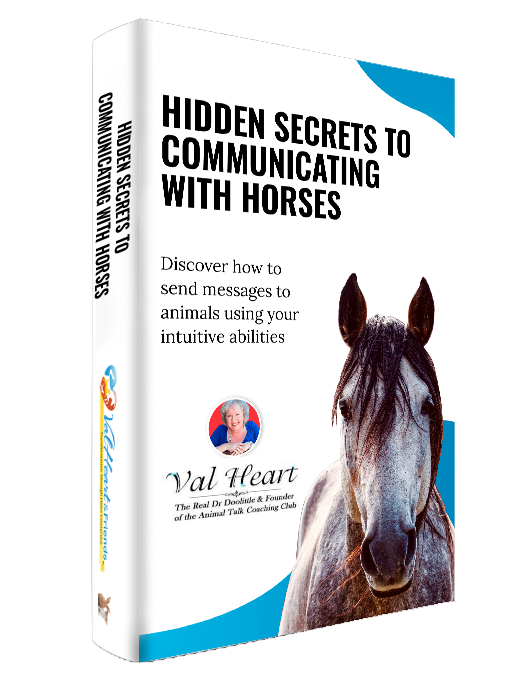
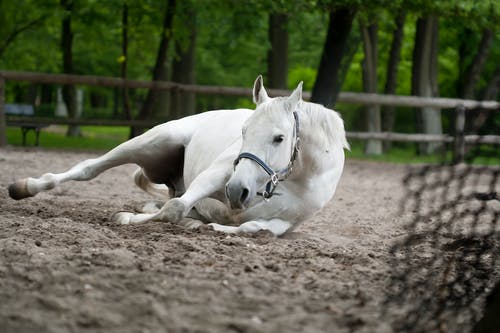
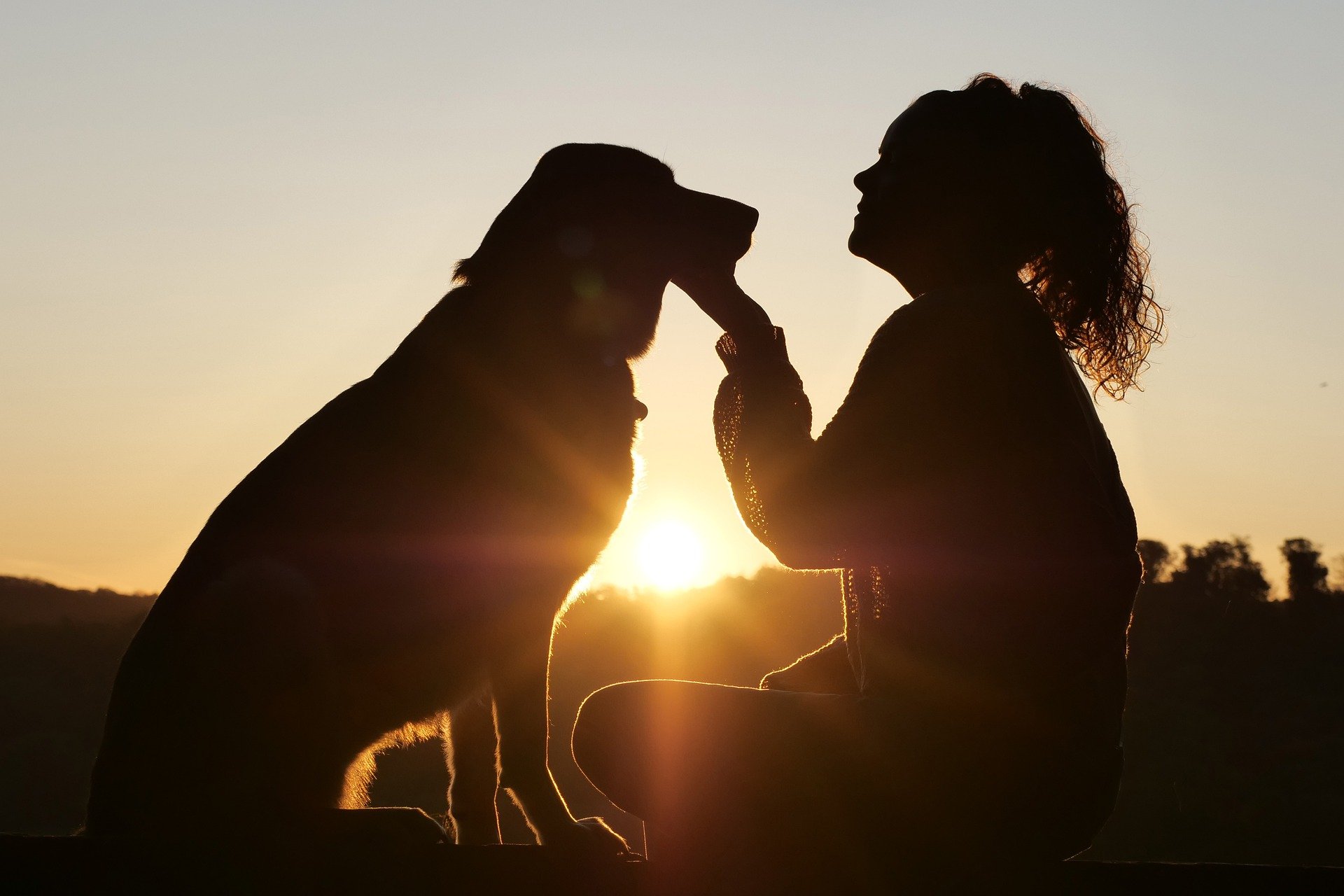
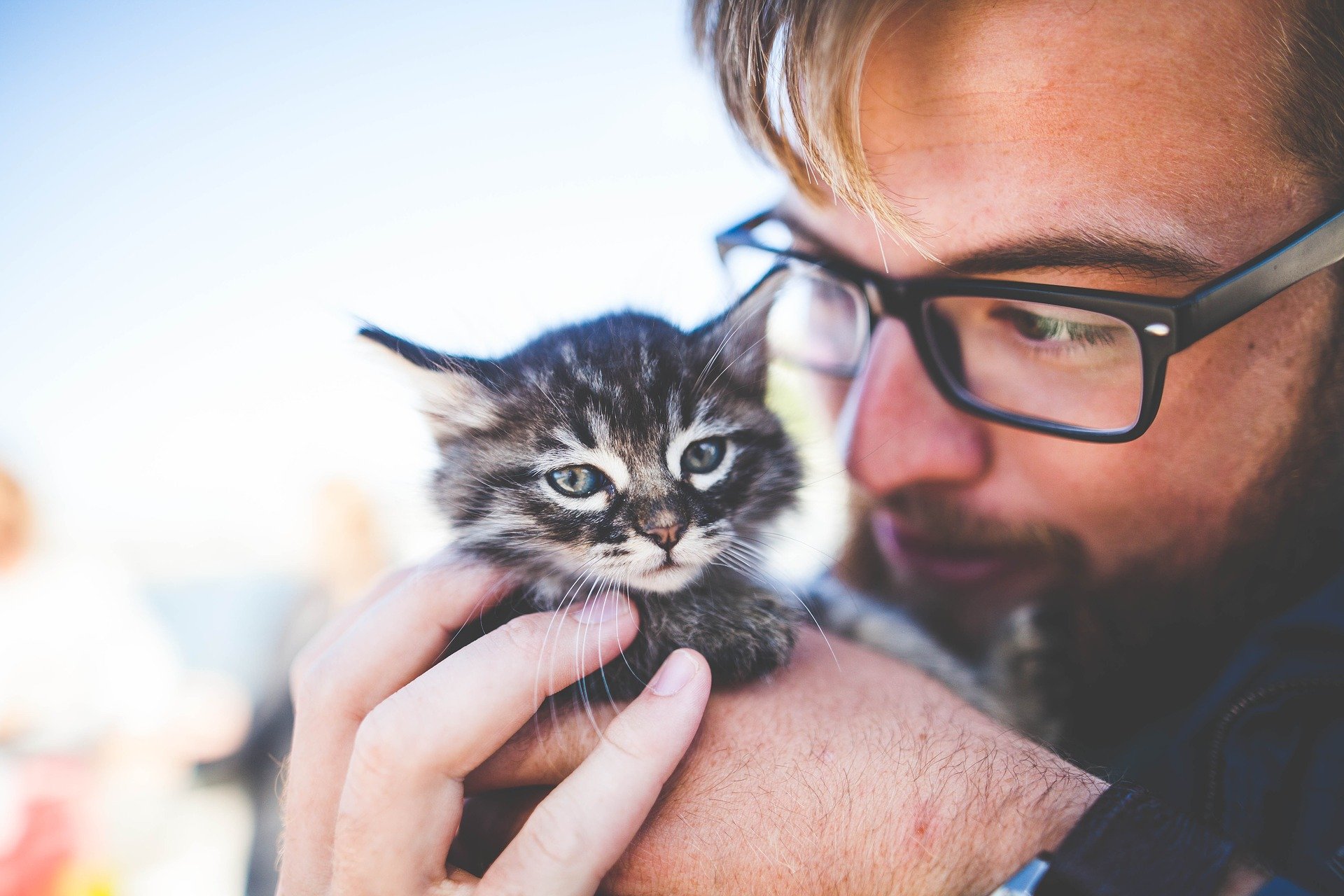

Leave a Reply